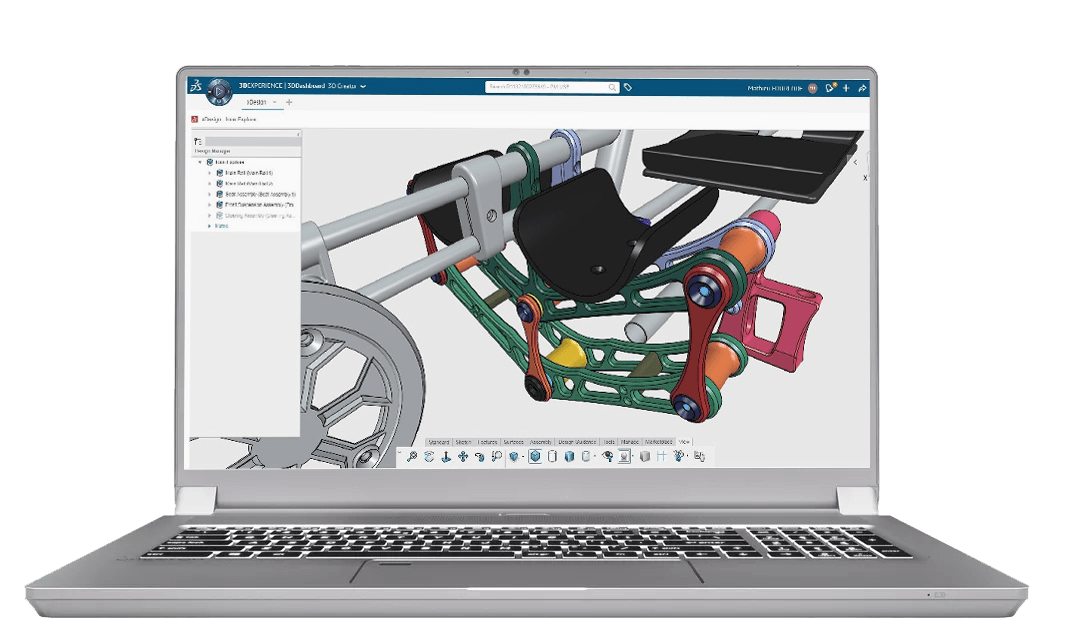R&D Tax Credits
VISIATIV simplifies the process of claiming R&D tax credits, providing a comprehensive start-to-finish service.
Contact us to see how we can help

R&D Tax Credit services
Our expertise in this field has enabled us to secure millions of pounds in benefits for our clients in the UK, with an average of £3.3 million in eligible claims being identified on a weekly basis. We have internal measures in place to reduce your risk of an HMRC enquiry, with our team ready and able to defend any part of your claim if needed.

What are R&D Tax Credits?
The UK Government’s Research & Development (R&D) Tax Credit Scheme has been in place since 2000 in order to incentivise businesses to invest in projects focused on innovation.
This scheme has enabled over 89,000 Limited Companies across the country to receive a total of £6.6bn in tax relief during the last year alone. The scheme is open to Limited Companies only, whereas sole traders and partnerships are not included. When claiming R&D Tax Credits, businesses can receive either a reduction in their tax bill or cash credits for loss-making companies.
R&D tax relief can provide a number of significant tax benefits for businesses. These include reducing taxable profits, creating losses where none existed previously, or increasing pre-existing losses.
Try out our R&D Tax Calculator
Explore the Potential Benefits of R&D Tax Credits for Your Business


What are the benefits of claiming R&D Tax Credits?
-

Payable cash credit
For Small and Medium Enterprises (SMEs) recording a loss, the payable cash credit does not constitute taxable income. Meanwhile, for larger companies with losses, the payable cash credit (see RDEC section) is subject to taxation.
-

Enhanced deduction
This is a strategic move for businesses, it allows them to save their deduction for when they expect to be paying taxes at a higher rate. Some businesses can carry forward deduction as an investment to fund further R&D activities.
-

SMEs & large companies
Companies that paid tax in the previous two years can roll back the relief to get a rebate of Corporation Tax. This is primarily tax they would not have paid if they had made the claim at the time.

SMEs and large companies
Small and Medium-sized Enterprises (SMEs) are defined as companies with fewer than 500 FTE employees and either total revenues lower than €100 million or total balance sheet assets lower than €86 million. SMEs have access to the Small Business Rate Relief Scheme, which offers tax relief at a rate of up to 230%. Loss-making SMEs can also surrender losses to HMRC for a cash credit.
Large companies are generally defined as companies with 500 or more FTE employees, or those which have fewer than 500 employees but revenue in excess of €100 million and balance sheet assets greater than €86 million. If SMEs meet certain conditions, they may have to claim under the RDEC scheme.

The RDEC Scheme
The Research and Development Expenditure Credit (RDEC) scheme was introduced in 2013 and provides Large Companies and SMEs forced to claim under RDEC, a payable cash sum, if they are loss-making or an offset of tax payable if they are profitable. This replaced the Large Company Scheme from 1st April 2016. For expenditure from 1st April 2023, the Research and Development Expenditure Credit (RDEC) rate will increase from 13% to 20%.
Examples of qualifying activity for R&D tax relief
What activities are eligible?
There may be a discrepancy between what is considered R&D for the average person and HMRC’s definition. This can result in wasted time or, in the worst-case scenario, an HMRC investigation.
Eligible R&D activities can:
Occur in almost any industry attempting to improve efficiency, speed, size, scale, etc. Even include the replication of a product, process, service, or device if it results in a significant improvement.
According to HMRC, a company is engaged in R&D when they are:
Resolving technological uncertainties that lead to… Advancements in technology that are not easily discoverable by a skilled professional.
Encouragingly, R&D is still considered to have taken place regardless of whether the project was successful or not. The focus is on the “seeking” aspect.
Contact us for further information












